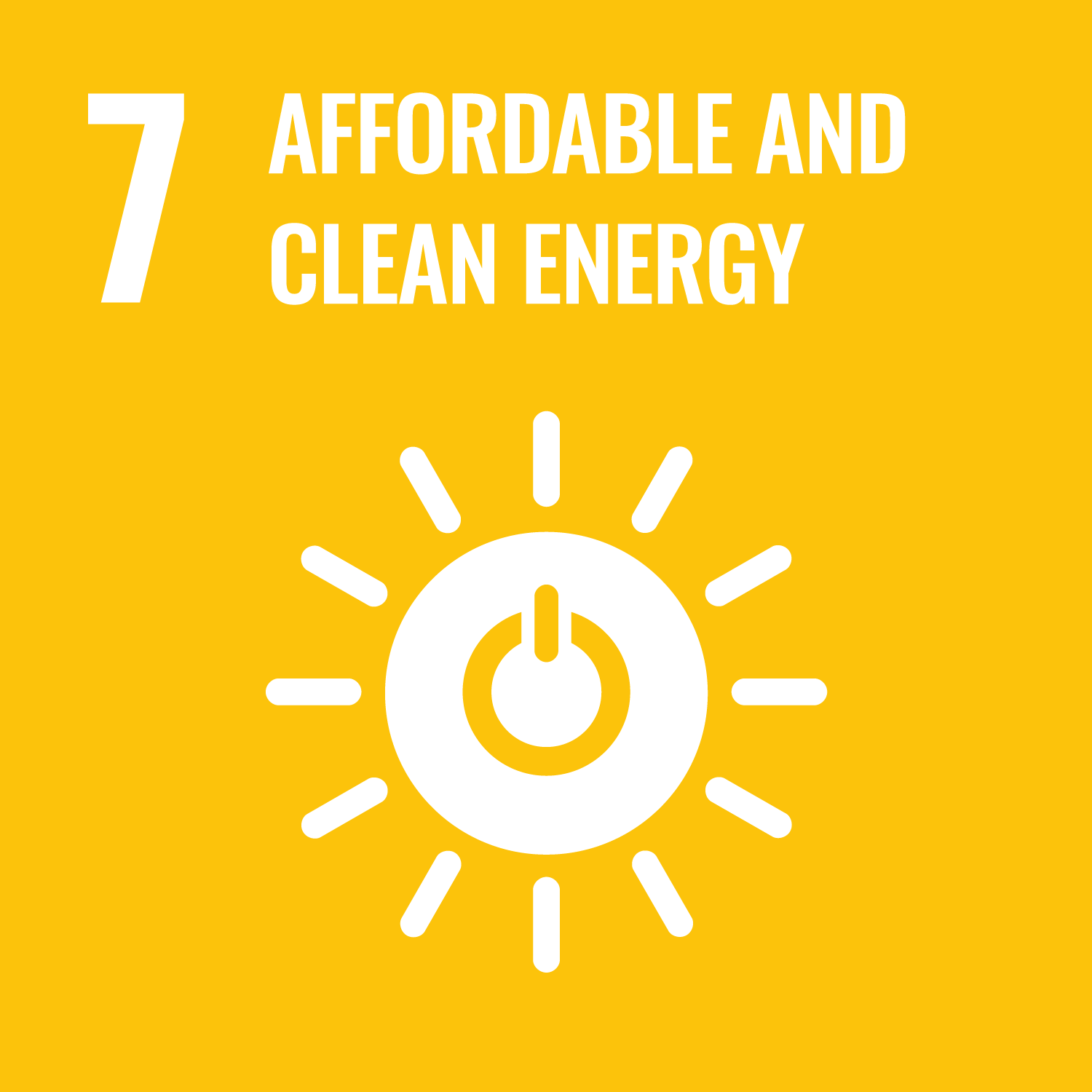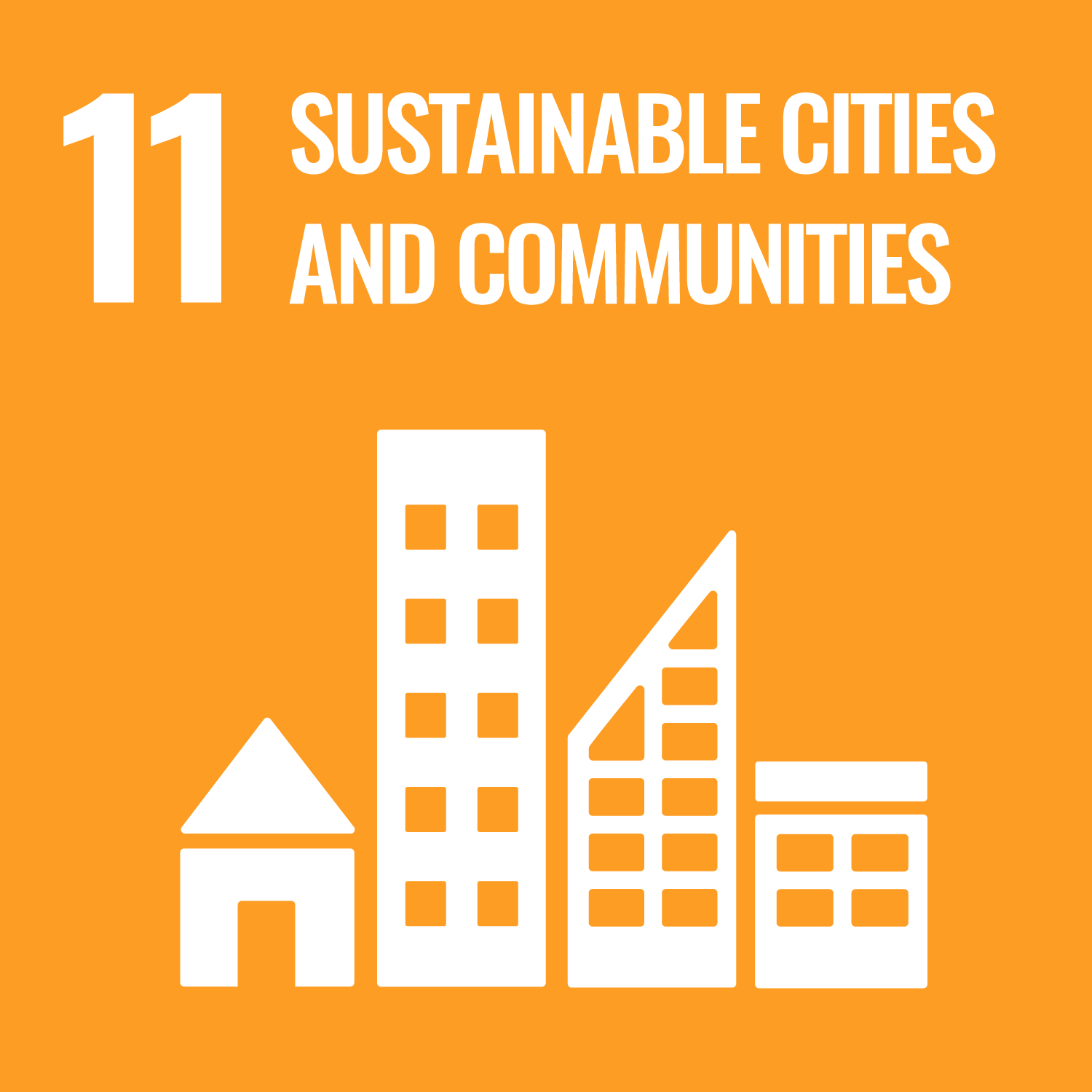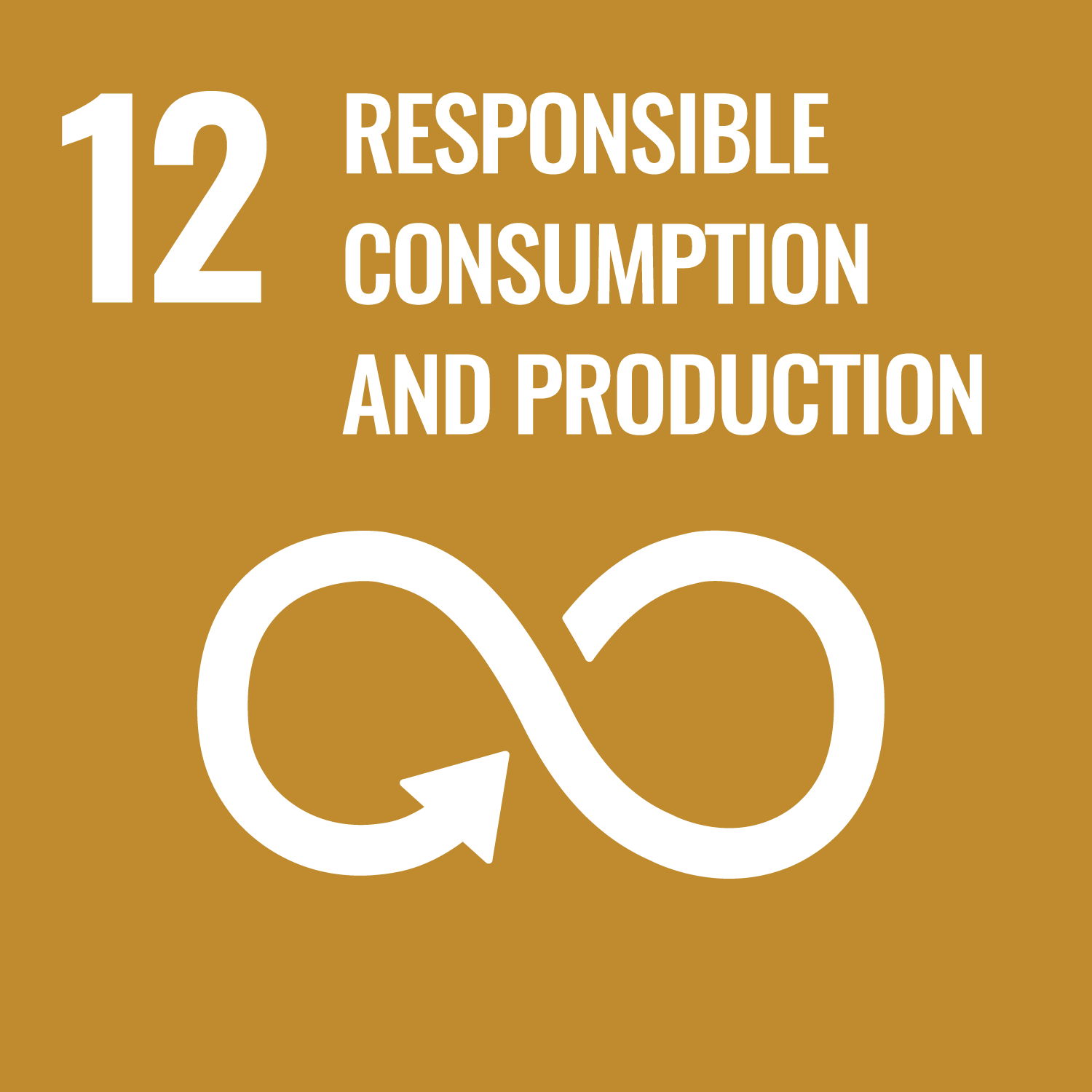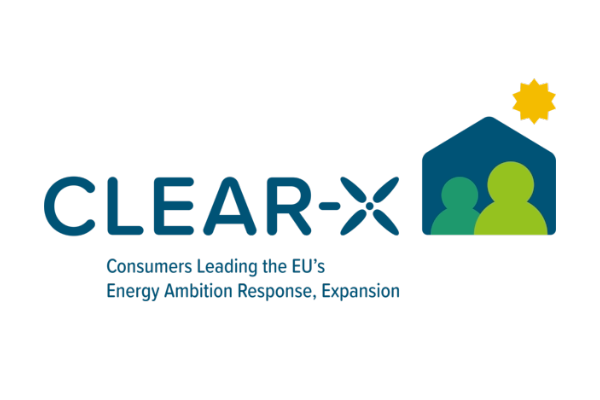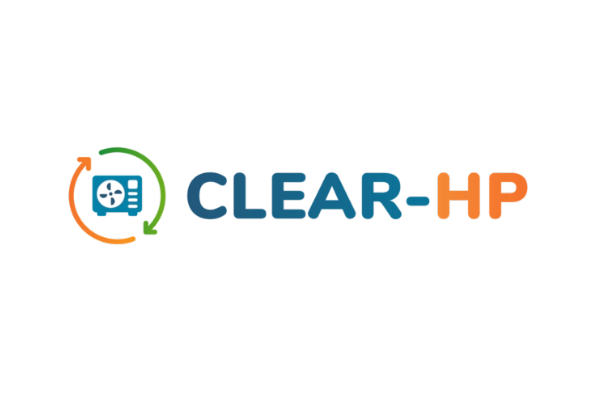SUPER-i - PPP Financing for energy efficiency investments in social housing
SUPER-i - PPP Financing for energy efficiency investments in social housing
National projectThe SUPER-i project will contribute to generate substantial investments in energy efficiency within the social housing sector by establishing a direct dialogue, at local government level, between financial institutions, other private investors and social housing managers while also involving ESCOs (Energy Service Companies). SUPER-i supports the funding of energy efficient (EE) refurbishment of social housing stocks across Europe while increasing the share of renewable energy in the final energy consumption through the following pillars:
- Tailored EE PPPs (Public Private Partnerships) and roadmaps;
- Capacity building among financial investors;
- Data gathering and processing;
- Integration of EE investments within portfolio management strategies;
- Awareness and Replicability;
- SUPER-i investment pipelines;
- SUPER-I e-room with a selection of relevant EUROSTAT data on energy poverty.
Following the IEA approach, having many types of public-private approaches, such as local government or public utility financing private EE investment, SUPER-i will analyse the three main forms of PPPs
- Dedicated credit lines: credit lines established by a public entity (such as a government agency and/or donor organization) to enable financing of EE projects by a private-sector organization (bank or financial institution). Generally, the private-sector bank or financial institution provides additional financing (co-financing) for the EE projects.
- Risk-sharing facilities: partial risk or partial credit guarantee programmes established by a public entity (such as a government agency and/or donor organization) to reduce the risk of EE project financing to the private sector (by sharing the risk through a guarantee mechanism), thereby enabling increased private sector lending to EE projects.
- Energy Saving Performance Contracts (ESPCs): public sector initiatives, in the form of legislation or regulation, established by one or more government agencies to facilitate the implementation of energy performance-based contracts.
In the SUPER-i e-room, using the Eurostat Energy data and the Eurostat income and living conditions data-sets for the SUPER-i partner countries relevant tables and charts are shown for the following Indicators:
- Energy poverty primary indicators
- Energy poverty secondary indicators
- Energy use
- European Pillars for social rights (EPSR)
- Employment and social policy indicators
- Economic, financial and social conditions indicators
- Environmental indicators.
Some concrete key performance indicators (KPIs) of the project include: Details about the KPIs are available on the SUPER-I portal.
The project started in 2021 and will be completed in 2024.
Main beneficiaries: social housing communities, energy poor communities, low income people, and others.
It addressed the topics of: communities, energy efficiency, financial schemes, social housing stocks and vulnerable consumers.
The partners of the project are: University of York - UoY (UK), Agenzia per la Promozione della Ricerca Europea - APRE (Italy), Fondazione ICONS (Italy), Energy Efficiency in Industrial Processes - EEIP (Belgium), Fundación CIRCE (Spain), European Green Cities - EGC (Denmark), Tender Capital (UK), Comité Europeen de Coordination de l'Habitat Social AISBL (Belgium), Danmarks Almene Boliger (Denmark), ATER Trieste (Italy), Housing Fund of the Republic of Slovenia - HFROS (Slovenia), Element Energy (UK) CiviESCO - Italy.
-
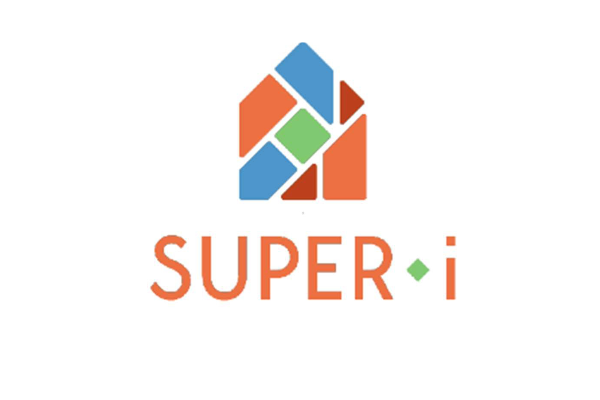
-

Trieste and Northern Italy
Aalborg and north and central Denmark
Trbovlje and central-eastern Slovenia -
 Geographical scale:
Geographical scale:
-
 Energy poverty phase:
Energy poverty phase:
-

-
 Professionals involved:
Professionals involved:
-
 Type of funding:
Type of funding:
European funds from the H2020 programme of the European Union. -
SDGs addressed:
